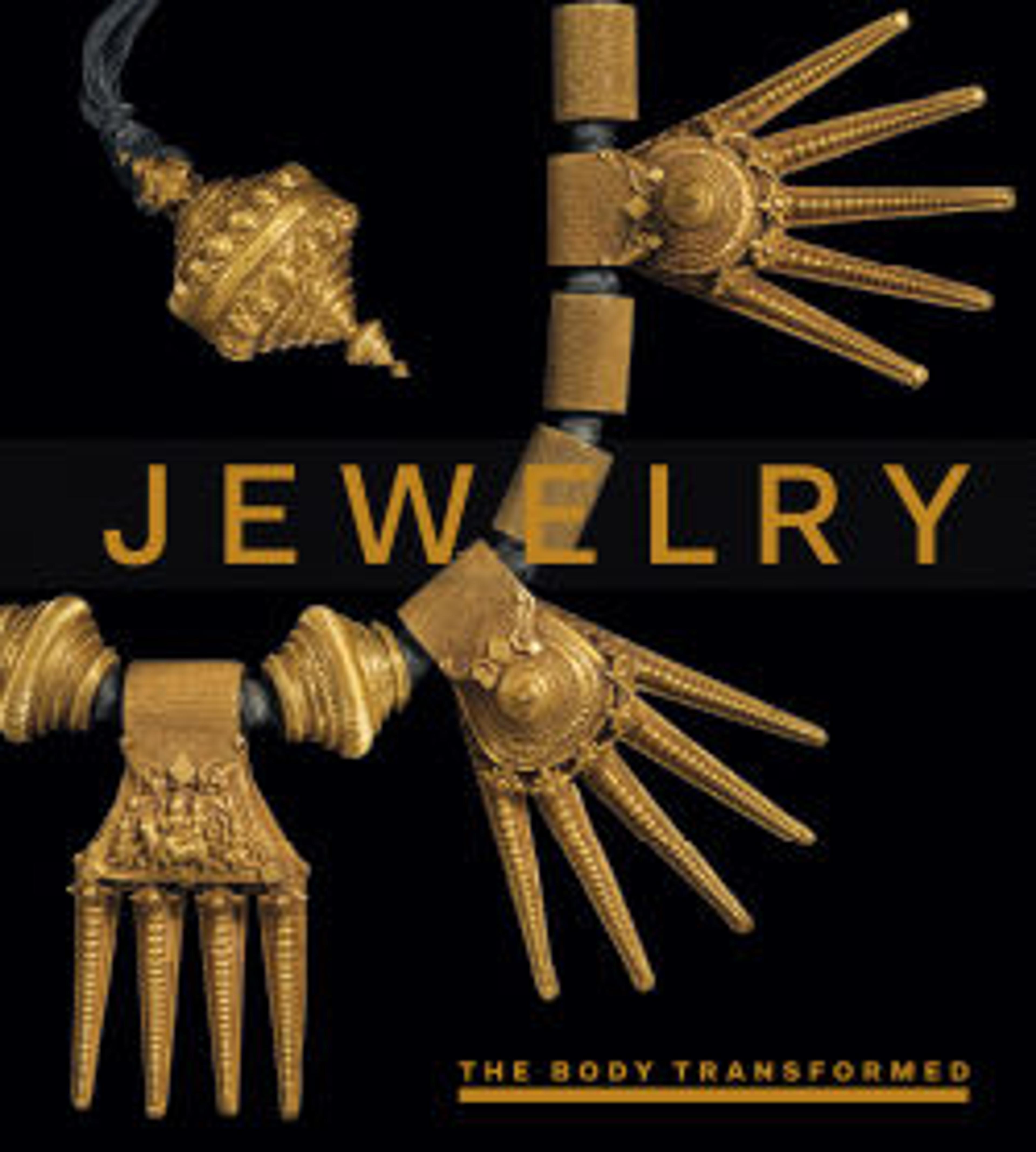Gold Necklace with Gold Cross, Two Amethysts, and an Emerald Plasma
The cross, chased into the gold ground, was originally the reverse of the pendant, with a cameo or carved gemstone on the front.
As Christianity became the dominant religion in Byzantine society, Christian imagery was increasingly found on jewelry. Crosses appear by the fifth century; the Virgin Mary, saints, angels, and other holy figures became popular in the sixth century. The images were thought to protect the wearer, aid in prayers, and even perform miracles.
As Christianity became the dominant religion in Byzantine society, Christian imagery was increasingly found on jewelry. Crosses appear by the fifth century; the Virgin Mary, saints, angels, and other holy figures became popular in the sixth century. The images were thought to protect the wearer, aid in prayers, and even perform miracles.
Artwork Details
- Title: Gold Necklace with Gold Cross, Two Amethysts, and an Emerald Plasma
- Date: 6th–7th century
- Culture: Byzantine
- Medium: Gold, amethyst, emerald plasma
- Dimensions: Overall (chain): 17 5/8 x 1/2 x 3/16 in. (44.8 x 1.2 x 0.4 cm)
Overall (pendant): 1 x 13/16 x 1/4 in. (2.5 x 2 x 0.7 cm) - Classification: Metalwork-Gold
- Credit Line: Gift of J. Pierpont Morgan, 1917
- Object Number: 17.190.1660
- Curatorial Department: Medieval Art and The Cloisters
More Artwork
Research Resources
The Met provides unparalleled resources for research and welcomes an international community of students and scholars. The Met's Open Access API is where creators and researchers can connect to the The Met collection. Open Access data and public domain images are available for unrestricted commercial and noncommercial use without permission or fee.
To request images under copyright and other restrictions, please use this Image Request form.
Feedback
We continue to research and examine historical and cultural context for objects in The Met collection. If you have comments or questions about this object record, please complete and submit this form. The Museum looks forward to receiving your comments.
